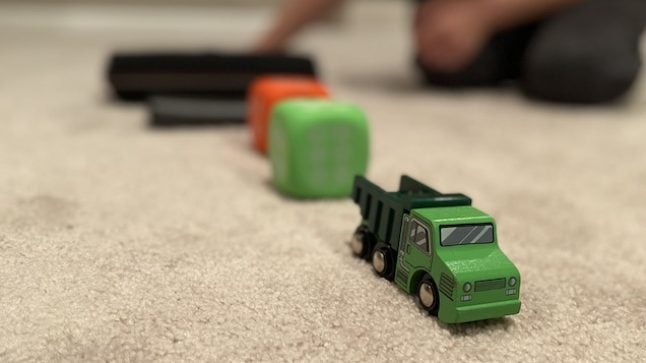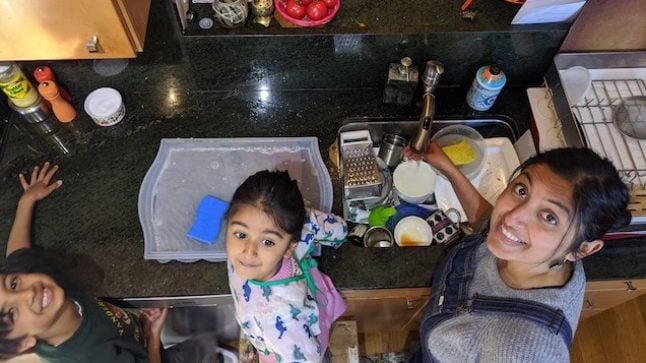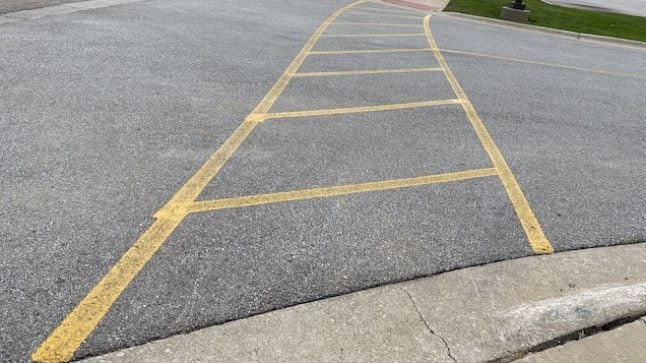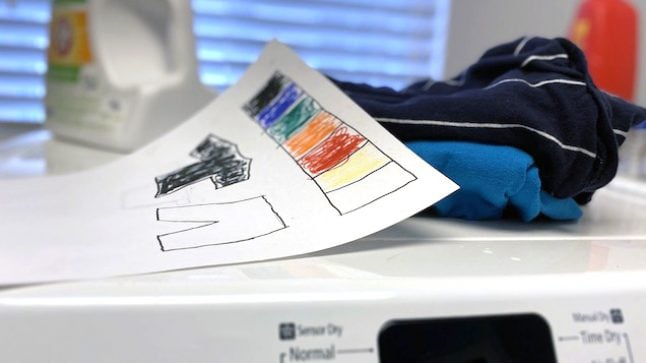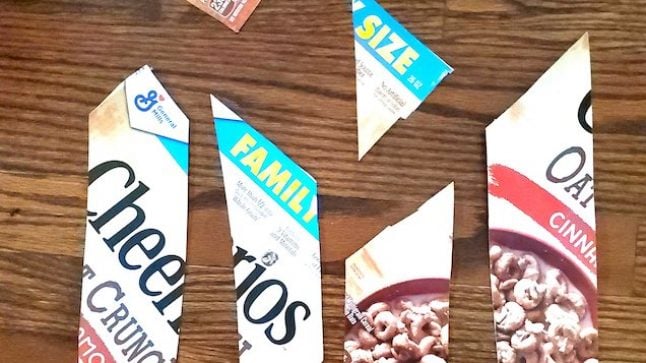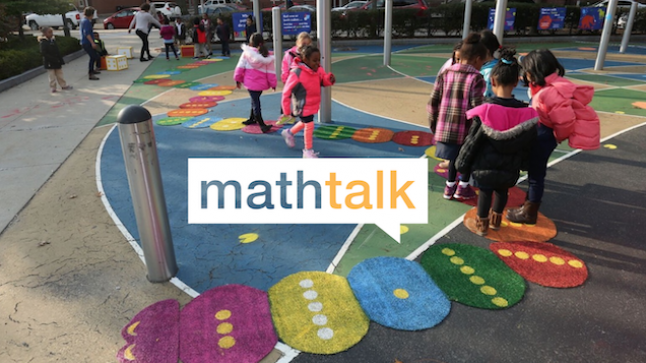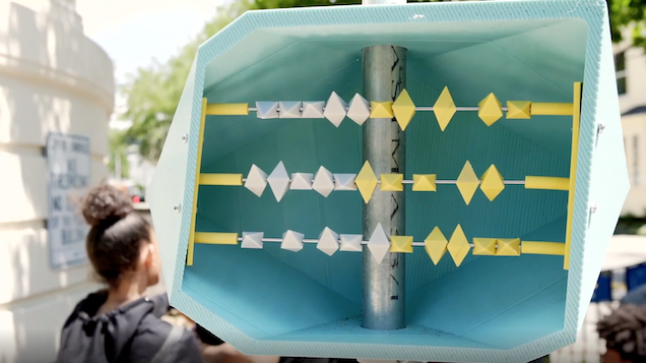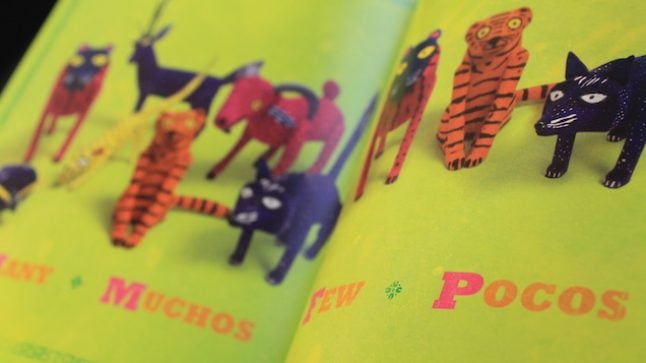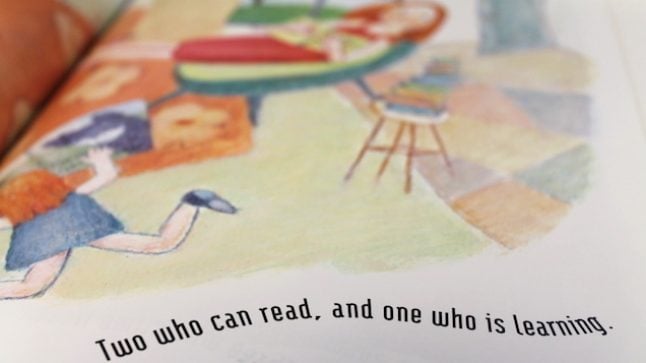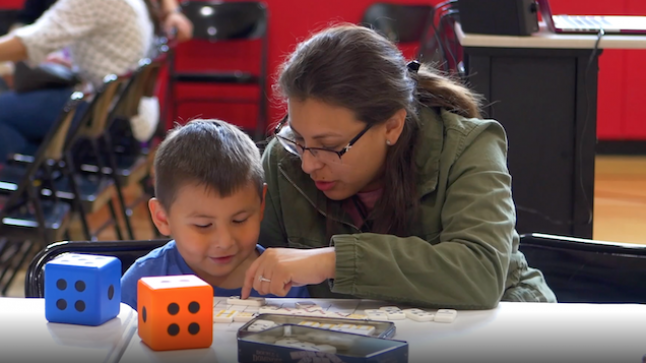About
There is a lot of discussion around “family math,” yet different organizations may define it differently. It can generally refer to math-related activities that happen outside the classroom and within the context of family relationships and everyday life.
Given findings that early math achievement at preschool entry is predictive of later school success, and that there is an opportunity gap for children from under-resourced communities, we need to know more about how to activate and celebrate math learning in diverse racial, ethnic, cultural and socio-economic family and community contexts.
Here we have a growing number of resources dedicated to expanding resources for families, both directly as well as research and resources for educators.
Promising Math
Family and community math was the topic of our biennial Promising Math conference in 2019. The resources found on the event page and ongoing resources on our website here are meant to further the discussion and push the topic in helpful directions.
